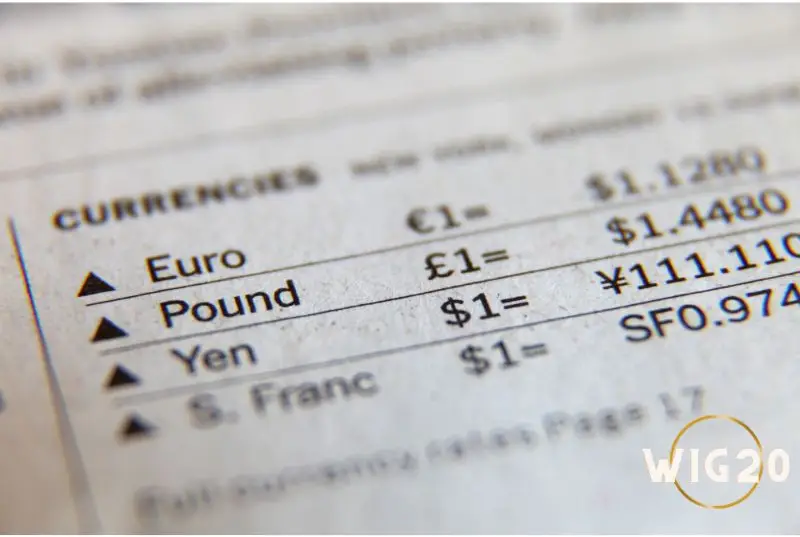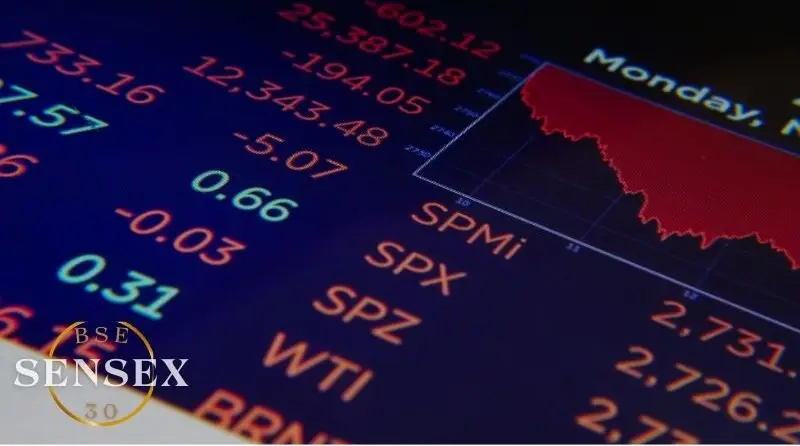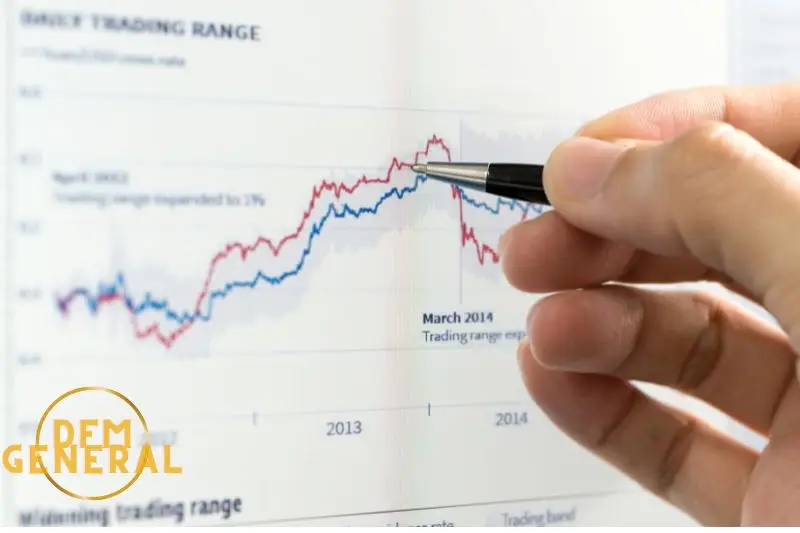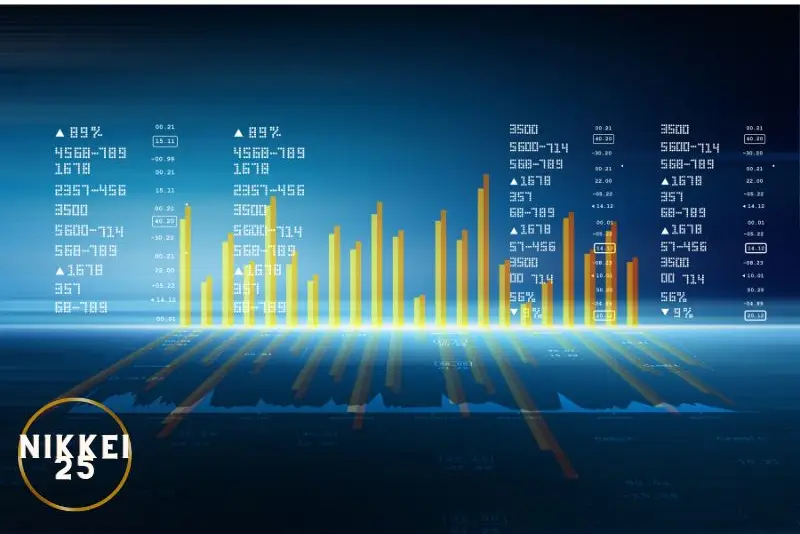Discover the exciting world of the stock market in Spain, a key player in the global economy. With its rich history and strong financial sector, Spain’s stock market offers investors a wide range of opportunities for growth and profit.
One of the most important stock indices in Spain is the IBEX 35, which tracks the performance of the 35 largest and most liquid companies listed on the Spanish Stock Exchange. This index is closely watched by investors as a barometer of the overall health of the Spanish economy.
In addition to the IBEX 35, there are also other indices such as the IBEX Small Cap, which focuses on smaller companies, and the IBEX Top Dividend, which highlights companies with high dividend yields. These indices provide investors with a diverse range of investment options to suit their individual risk tolerance and investment goals.
Whether you’re a seasoned investor or just starting out, exploring the stock market in Spain can offer valuable insights and opportunities for financial growth. Stay tuned for more updates and analysis on this dynamic market!
How Does the Stock Market Work in Spain
The stock market in Spain operates through the Bolsa de Madrid, which is the main stock exchange in the country. Investors can buy and sell shares of publicly traded companies through brokerage firms or online trading platforms.
To invest in the stock market in Spain, investors need to open a brokerage account with a licensed broker. They can then place buy or sell orders for individual stocks, bonds, ETFs, or other securities listed on the Bolsa de Madrid.
Some popular stocks that generate profit in Spain include:
- Telefónica (TEF) – a telecommunications company
- Banco Santander (SAN) – a multinational financial services company
- Repsol (REP) – an oil and gas company
- Iberdrola (IBE) – an electric utility company
- Inditex (ITX) – a fashion retailer known for its brand Zara
Investors can track the performance of these stocks and others through stock market indices such as the IBEX 35, which includes the 35 most liquid companies listed on the Bolsa de Madrid.
It’s important for investors to conduct thorough research and consider their risk tolerance before investing in the stock market. Diversifying their portfolio and staying informed about market trends can help mitigate risks and potentially increase returns.
What is the benefits of buying stocks in Spain
Investing in the Spain stock market can offer a range of benefits for investors looking to diversify their portfolio and potentially earn attractive returns. Some of the key benefits of buying stocks in the Spain stock market include:
1. Diversification: Investing in Spanish stocks allows investors to diversify their portfolio beyond their home country’s stock market, reducing risk and potentially increasing returns.
2. Growth opportunities: Spain is home to several well-established companies as well as emerging industries with growth potential, providing investors with a variety of investment opportunities.
3. Dividend income: Many Spanish companies offer attractive dividend yields, allowing investors to earn passive income from their investments.
4. Potential for capital appreciation: By investing in Spanish stocks, investors have the opportunity to benefit from the potential growth of the Spanish economy and stock market.
5. Access to European markets: Since Spain is part of the European Union, investing in Spanish stocks provides investors with exposure to other European markets and economies.
When investing in the Spain stock market, it is important for investors to conduct thorough research and due diligence before making any investment decisions. Here are some tips and takeaways about the stock market in Spain:
1. Understand the local economy: Familiarize yourself with key economic indicators and trends in Spain that may impact the performance of its stock market.
2. Research individual companies: Before investing in any stock, make sure to research the company’s financial health, management team, competitive position, and growth prospects.
3. Monitor currency risk: Keep an eye on currency fluctuations between your home currency and the Euro, as this can impact the value of your investments.
4. Consider using a broker: If you are not familiar with investing in foreign markets, consider using a reputable broker who can provide guidance and support throughout the investment process.
5. Stay informed: Regularly monitor news and updates related to the Spanish economy and stock market to stay informed about any developments that may impact your investments.
In conclusion, investing in the Spain stock market can be a rewarding way to diversify your portfolio and potentially earn attractive returns. By following these tips and staying informed about market conditions, investors can make informed decisions when buying stocks in Spain.
The main stock indices in Spain
Stock market indices are key indicators that reflect the performance of a specific group of stocks in a particular market. They provide valuable insights into the overall health and direction of the stock market.
In Spain, one of the most important stock market indices is the IBEX 35. This index consists of the 35 most liquid stocks traded on the Spanish Stock Exchange, representing a wide range of industries and sectors. The IBEX 35 is closely monitored by investors, analysts, and policymakers as it serves as a barometer for the Spanish economy.
The regulation of stock market indices in Spain falls under the jurisdiction of regulatory bodies such as the Spanish Securities Market Commission (CNMV) and stock exchanges like Bolsas y Mercados Españoles (BME). These entities oversee the calculation, maintenance, and dissemination of stock market indices to ensure transparency and accuracy.
The methodology for calculating stock market indices in Spain typically involves weighting each constituent stock based on factors such as market capitalization or share price. This ensures that larger companies have a greater influence on the index’s movements compared to smaller ones.
Investors can use stock market indices like the IBEX 35 to track trends, assess risk, and make informed investment decisions. By understanding how these indices are regulated and calculated, investors can navigate the Spanish stock market with confidence.
Recap: The stock market in Spain
The stock market in Spain has shown resilience despite facing challenges such as political uncertainties and economic fluctuations. Investors have continued to show confidence in the market, leading to overall stability and growth.
Companies listed on the Spanish stock exchange have demonstrated strong performance, with many reporting solid financial results and healthy balance sheets. This has attracted both domestic and foreign investors looking for opportunities in a dynamic market.
The regulatory environment in Spain is conducive to investment, providing transparency and accountability for market participants. This has helped to build trust and foster a positive investment climate.
While there may be occasional volatility in the market, overall trends suggest that the Spanish stock market remains a viable option for investors seeking long-term growth potential. With careful research and strategic decision-making, investors can capitalize on the opportunities presented by this vibrant market.




























































